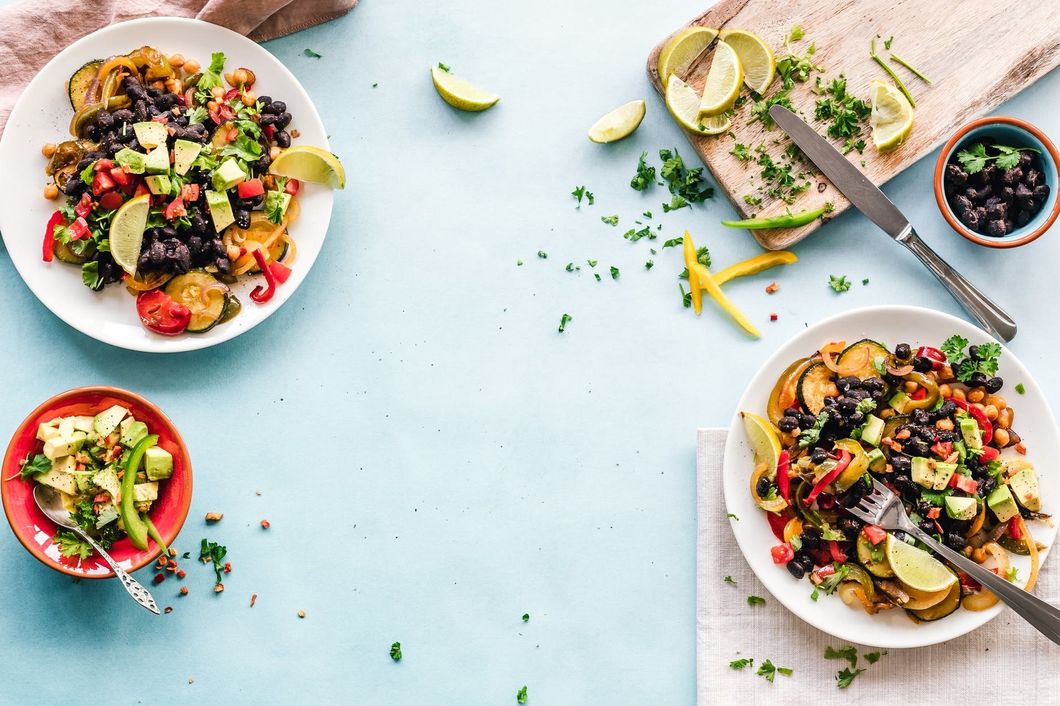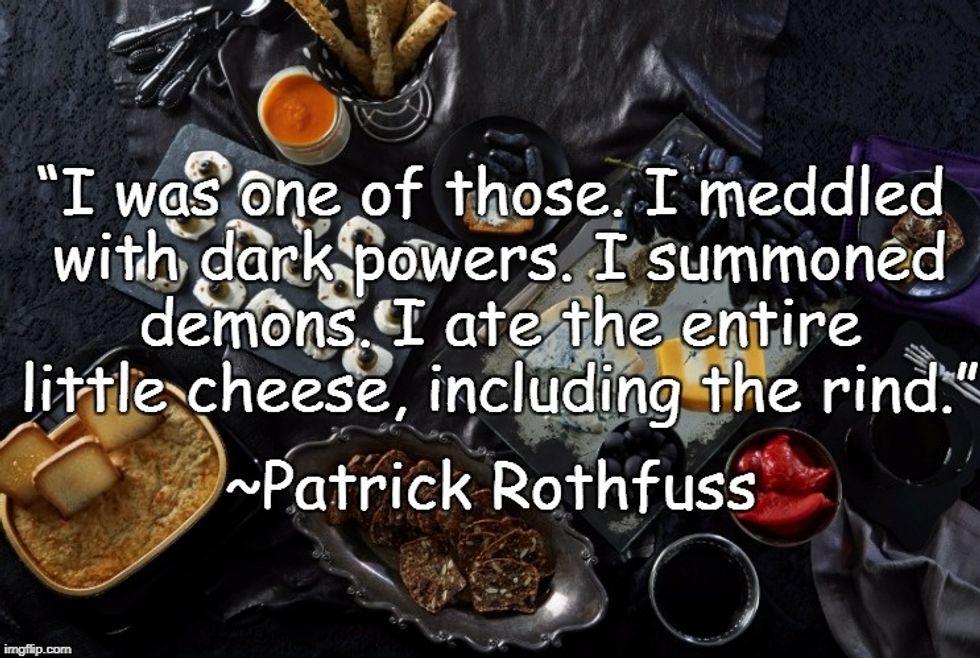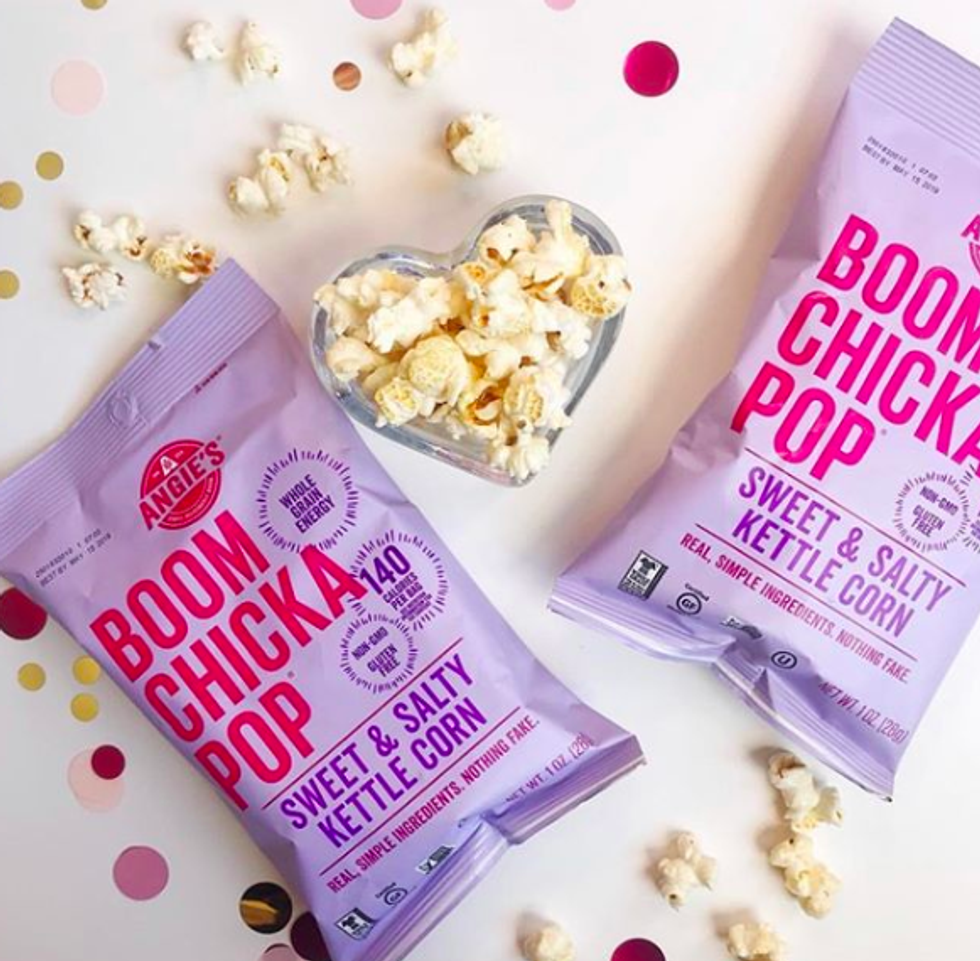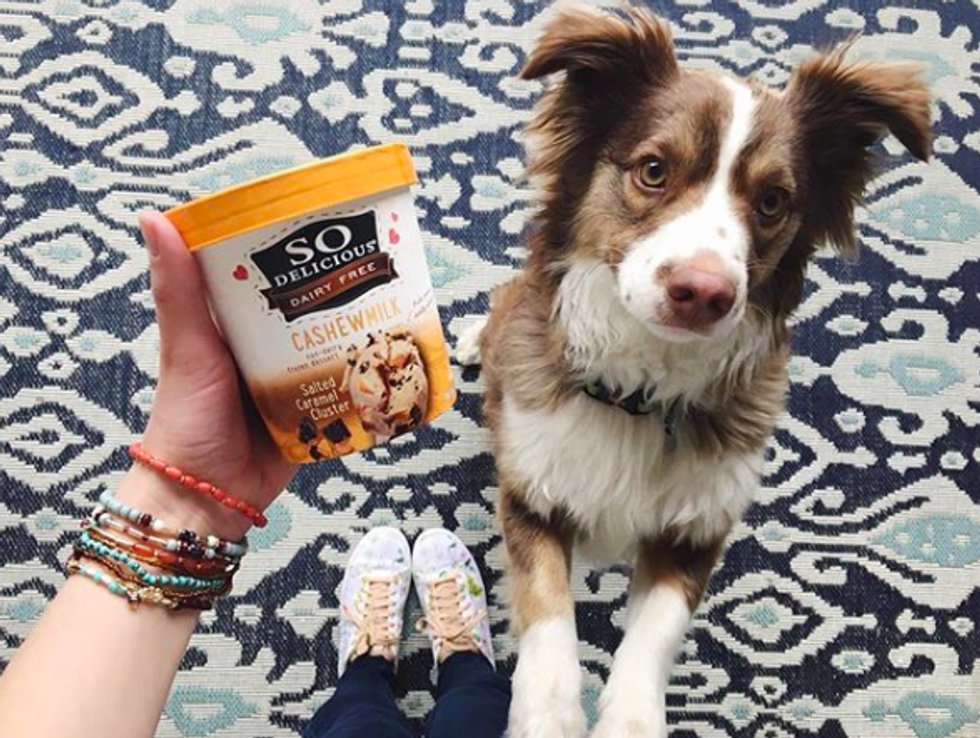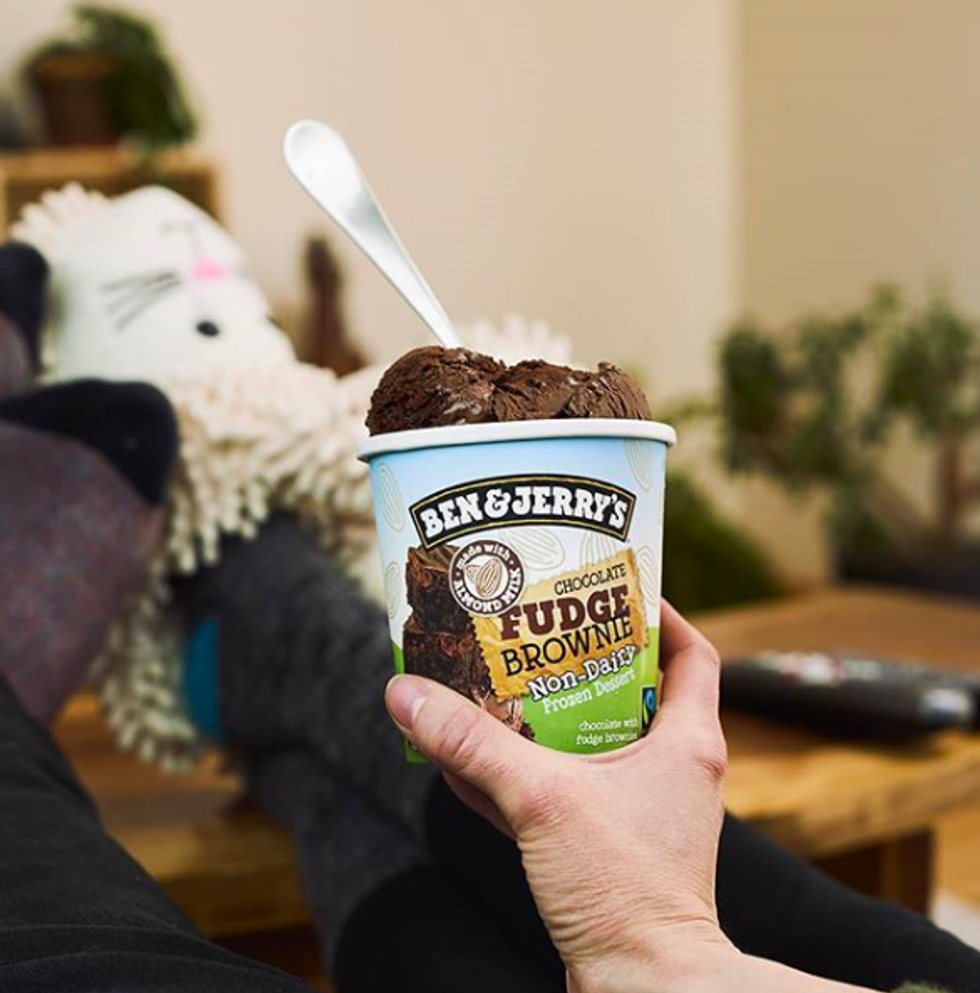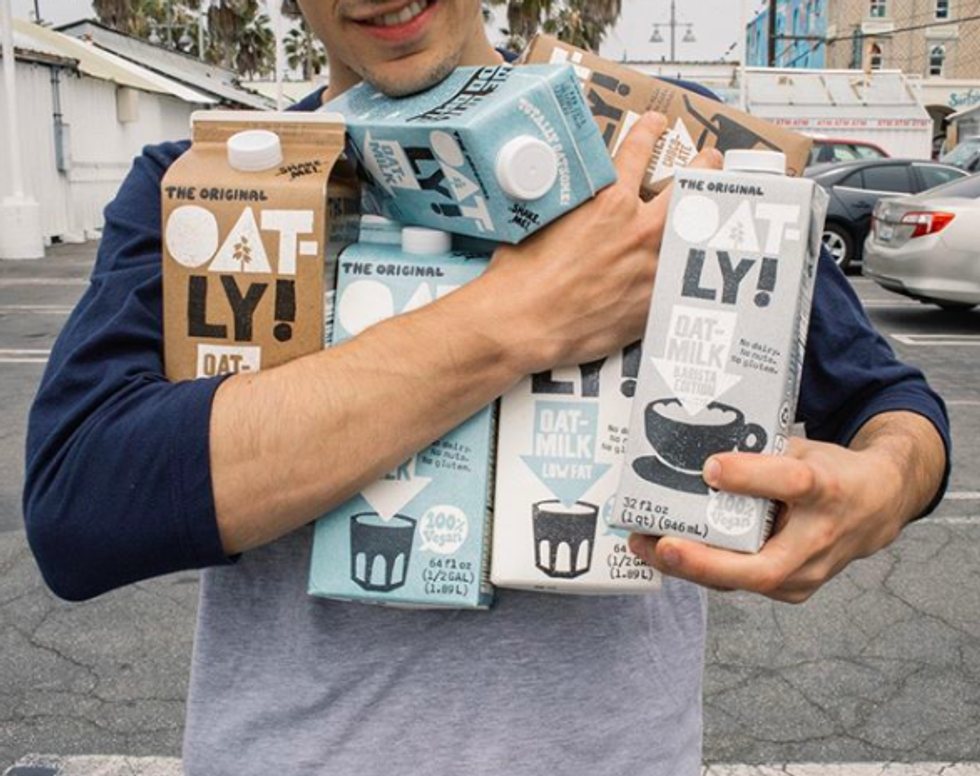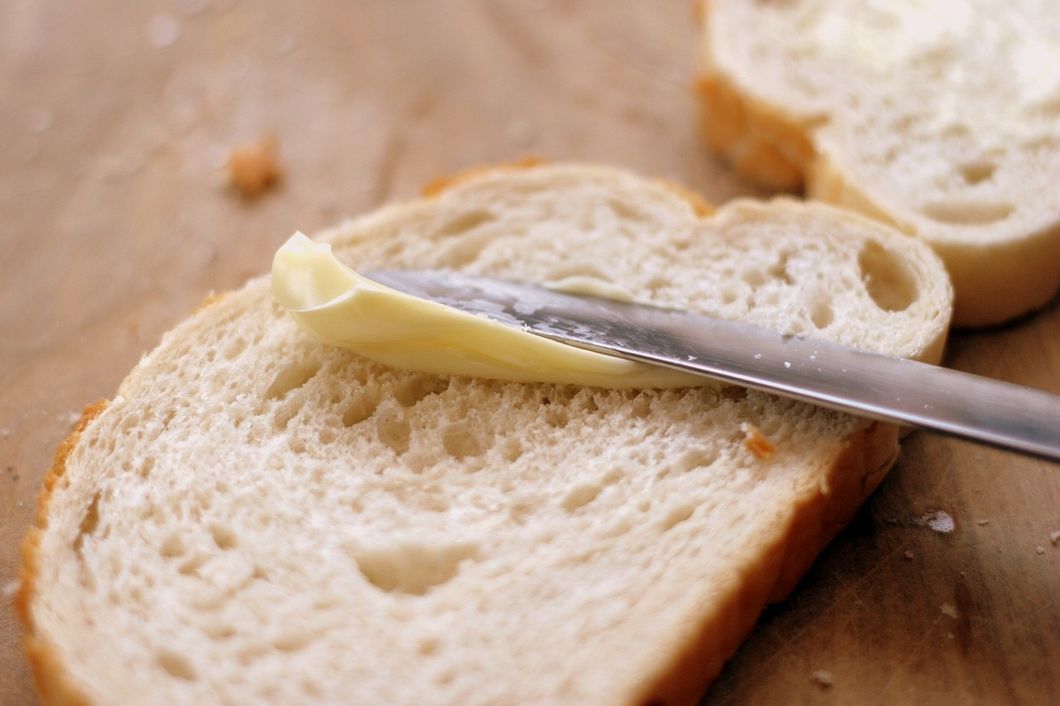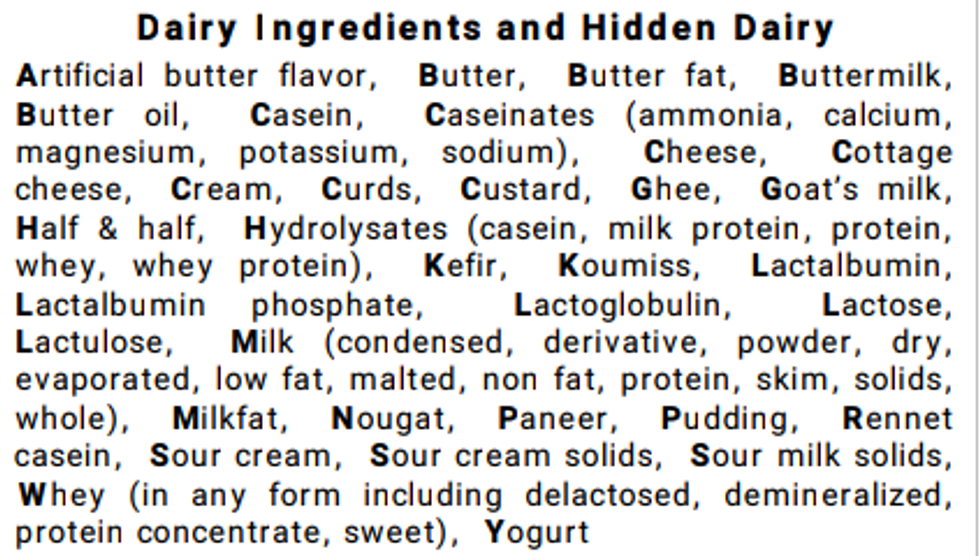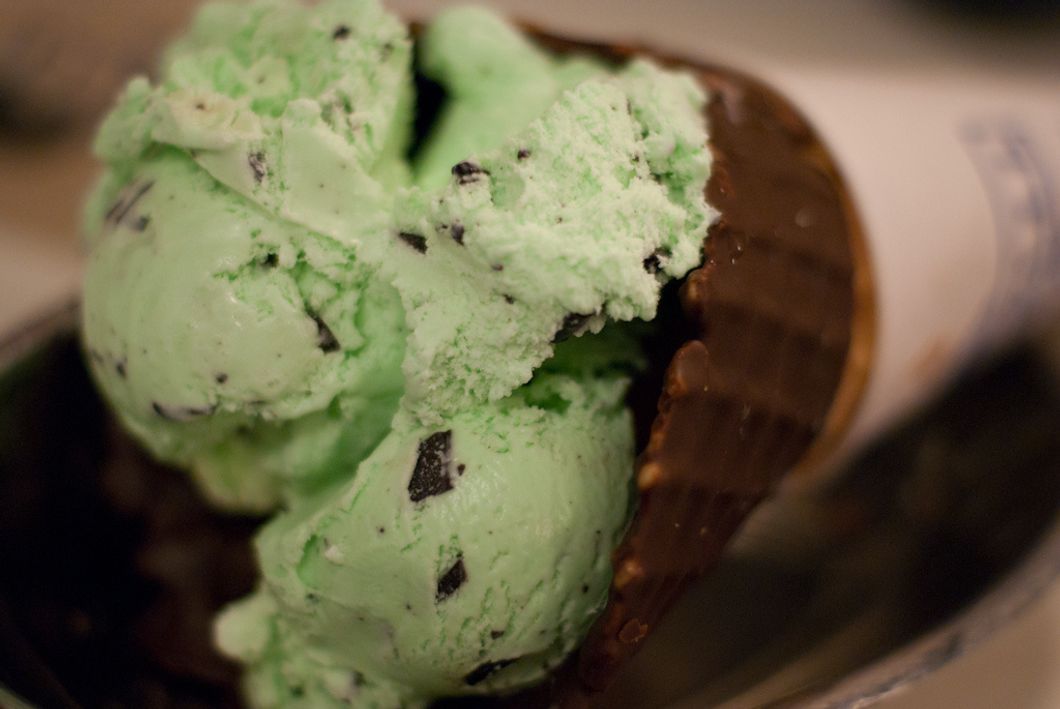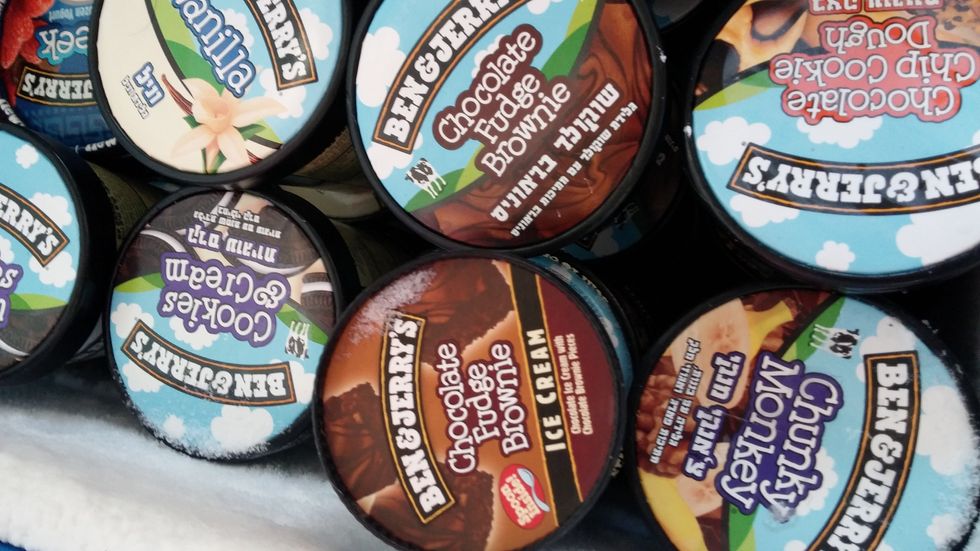30 Days Of Meat Taught Me About Emotional And Spiritual Eating
Emotional eating is actually a very good thing.
I wrote about my experience with the Carnivore diet here—two and a half weeks of only beef, and then the remainder of the thirty days on just meat.
The Carnivore diet has a myriad of reputed health benefits and definite physical benefits (it's the easiest way in my experience to lose weight), but what I found most fascinating was how it illuminated my emotional and spiritual relationship with food.
I've heard all my life (from family, friends, articles, memes) that emotional eating is a thing. But I've only heard it mentioned in a negative way—eating away my feelings is bad, dealing with a breakup by gaining 10lbs of Ben & Jerry's is understandable but bad, snacking because I'm bored is bad.
Let me tell you, I was not motivated to eat in response to any emotion on the Carnivore diet. When you can only eat unseasoned meat, it does not taste good enough to eat as comfort OR as celebration. During this time I dealt with normal school stress, financial stress, and personal stress for weeks, and became acutely aware that I would have turned to food for comfort, stress relief, distraction, happiness, and more.
Rather than seeing this emotional eating as a bad thing, I actually began seeing it as a very, very good thing. Life is stressful and difficult and sometimes just plain bad. Why would it be a bad thing to find comfort, distraction, and even joy in something I already need to do?* It seems, actually, a great blessing that I can find such happiness in a part of my inevitable daily routine.
*Of course, like all things, emotional eating can be extreme. If I eat an entire cake every time I'm sad, that's a different matter. But if I eat well overall, and eat unhealthy things with moderation, that's a sustainable balance. And you will never know the joy that blueberries and kale can bring you until you only eat meat for 30 days.
This element of food bringing joy—be it enjoying slices of fresh mango, fresh cheese on toasted bread, or homemade kettle corn—leads us into the spiritual and communal aspect of food.
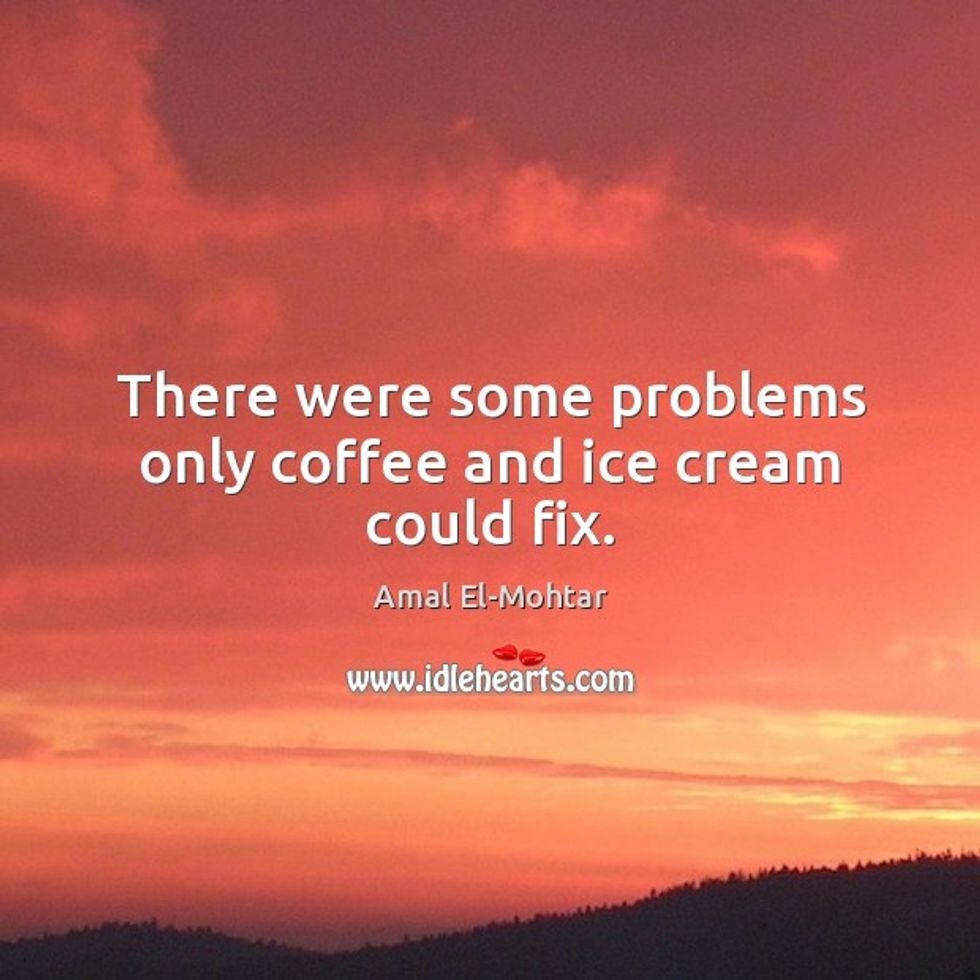
Sharing in food is a highly communal—almost primal—part of our ancestry: sharing our resources was integral to our very survival. Sharing food is incredibly intimate and is one of the most bonding things we can do in a social setting. If you've ever gone out to eat with friends and not been able to eat the foods they're eating (because of a diet, intolerances, or even just not being hungry), you will have felt the impact of not participating in this social bond. Even if we're not hungry, if all our friends are eating, we feel this strong urge to be a part of the group too—to eat something. And those around us also feel this pressure—think of how often people have offered you food, especially if you weren't already eating something, even to the point of pressuring you to eat.
Food strengthens (or weakens) our bodies, it strengthens our social bonding, and it nourishes our soul. Food can be incredibly powerful—the right food at the right time can bring happiness to even the most broken of hearts. Every single one of our ancestors spent time preparing food; and doing so ourselves makes us more mindful of our health, taking care of our bodies, and honoring an age-old routine of the process of making and enjoying food.
Realizing the joy that the presence of food brings to my life--and the utter emptiness I experienced without it--opened my eyes to food's presence in my life in both an emotional and spiritual way. There was nothing that could compensate for the thrice+ daily habit of enjoying delicious food or snacks; there was no substitute for sharing food and mealtimes with other people. Even when I was present during mealtimes, I wasn't able to share the same food the others were eating. There was simply no substitute for everyone eating together.
We can't live without food, and it's incredibly beautiful that an unavoidable part of our day—a thing we literally can't live without—is a thing that can bring us such joy, comfort, happiness, companionship, routine, consistency, health, and community. We're caring for ourselves when we eat good food, and our bodies get that. And even when we eat ice cream and cookies, we're enjoying delicious tastes and textures that bring us happiness—even if they may add to our waistline.
I was the most fit I'd ever been on the Carnivore diet—and the most food-relatedly unhappy. I love food. Before the Carnivore diet, if you had mentioned emotional eating to me, I would have thought you were speaking of a negative thing. Now, when I think of emotional eating, I think of how food pairs so well with so many different emotions of the human experience--and how absolutely wonderful that is. Being able to go out with friends and enjoy amazing cheeses and tea and salads and ice cream makes me incredibly grateful for the powerful social bonding experience of breaking bread with others and even just breaking it with myself. Are you sad? Lonely? Wanting to celebrate? There's a food for all of that. Feeling any strong feelings—with other people or by yourself? There's a food for that too.
in the words of J. R. R. Tolkien: "If more of us valued food and cheer and song above hoarded gold, it would be a merrier world."
The Carnivore diet removed almost all pleasure from food and distilled it down to just physical nourishment. After 30 days of self-exclusion from one of the most ancient, beautiful, and powerful rituals (both social and solo) known to man, I wouldn't trade food for anything--including hoarded gold.

